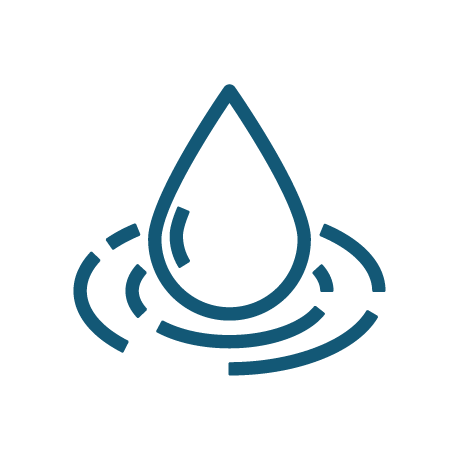 Water Sanitation and Conservation
Water Sanitation and Conservation
To continue providing a clean, green future for the Merrimack River, we must all do our part. We work with communities, providing education and outreach around what should and should not go down household drains, and we continually partner with businesses who want to make their operations more sustainable. As demands on our system continuously change, we will continue to enforce Industrial Pretreatment Regulations (USEPA) to both protect the sewer system, the wastewater treatment plant, our workers and the environment.
GLSD is looks forward to continuing the partnership with its member communities to investigate sewer system separation while we continue our own investigations to expand the facilities’ capacity, obtain the ability to collect CSO prior to entering the Merrimack and Spicket Rivers, and/or other projects that will bring the CSO issue to a close.
To learn more about CSO’s and how you can support the future of the Merrimack, click here.
 Solid Waste Management
Solid Waste Management
Although there is quite the debate on human waste management, biosolid recycling has become a significant part of making our communities sustainable. By avoiding incineration and landfilling, we are lowering our collective community carbon footprint. In addition, biosolid recycling allows us to leverage existing resources that continue to feed our agricultural soil.
To learn more about our organic fertilizer, click here.
 Green Energy Production
Green Energy Production
Evolving with the needs of our community and facility capacity, GLSD now produces enough energy to meet its own operational needs.
Between 2016 – 2019, GLSD completed its Organics-to-Energy project, producing methane by intaking organics and food waste to generate enough electricity to power our facilities.
As a result, we are now a net-zero facility which comes with many community benefits. The project has allowed us to offset municipal budgets, $3M in energy costs, and continue working towards sustainable solutions for waste management and green energy.
To learn more about the Organics-to-Energy project, and other capital projects GLSD is working on to support sustainability, click here.